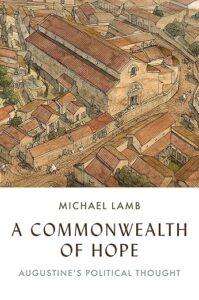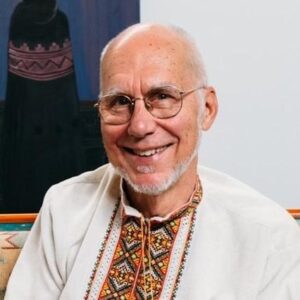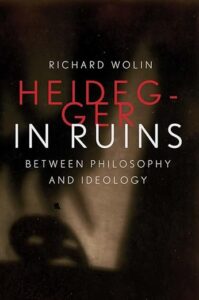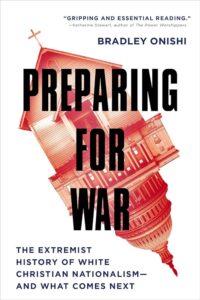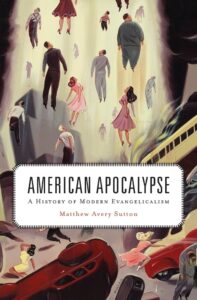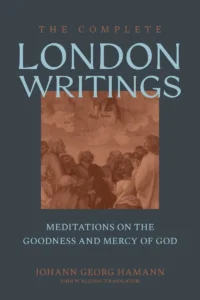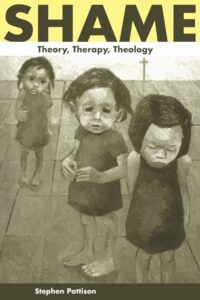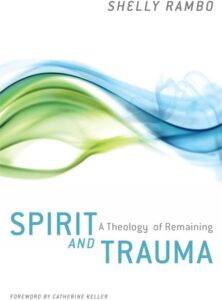On the Lived Theology Reading List: The Rebels Clinic
As a psychiatrist shaped by World War II and later a revolutionary thinker against colonialism, Frantz Fanon became an influential intellectual whose work emerged from the tensions of his historical moment. His works, Black Skin, White Masks and The Wretched of the Earth, explore the … Read More

